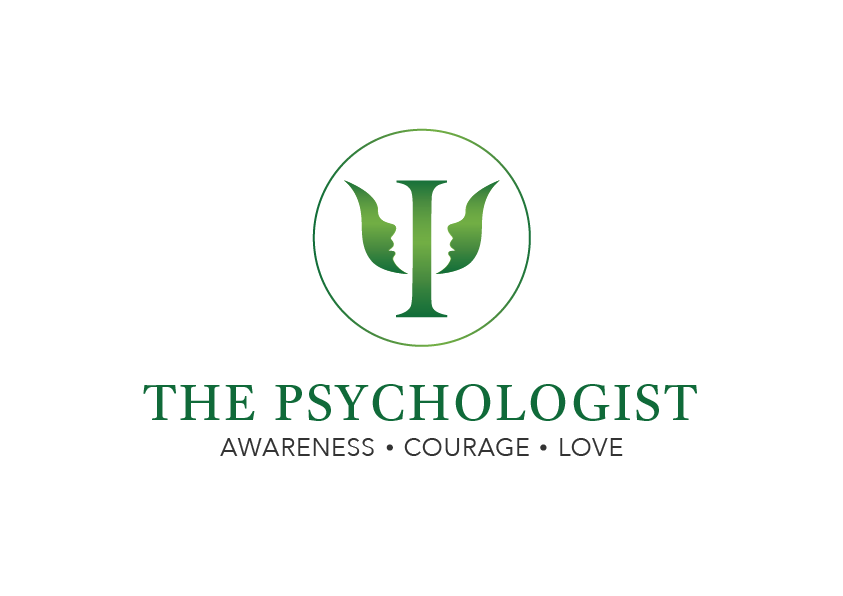Retiring, Not Receding: Mental Well-being After Leaving the Workforce
The Hidden Mental Struggles of Retirement
Retirement is often seen as a reward after years of hard work. But for many, the loss of structure, routine, and identity can trigger mental health struggles. Research shows that individuals may face a rise in depressive symptoms, social isolation, and even cognitive decline following retirement.
In Singapore, as we approach becoming a super-aged society by 2026, with 1 in 4 people aged 65 and above, the mental well-being of older adults is not just a personal concern — it’s a national one.
Why Does Retirement Impact Mental Health?
Several reasons:
Loss of purpose or identity: Many derive a sense of meaning from their careers.
Social disconnection: Without workplace interactions, isolation can set in.
Routine disruption: Suddenly, days lack structure, which can impact mood and cognition.
Financial concerns: For some, retirement brings uncertainty and stress.
Health decline: Physical and mental health often become more fragile with age.
A large European study found a dose–response relationship between depressive symptoms and the onset of mild cognitive impairment (MCI) — especially in people aged 70+ and women.
What Retirement Looks Like in Singapore
Despite various government schemes (like Age Well SG and Communities of Care), seniors in Singapore still report:
Feeling “old and useless” after retirement,
Struggles with social isolation despite living with others,
A lack of mental health support tailored for retirees.
According to the Centre for Research on Successful Ageing (ROSA), social well-being and engagement are just as crucial as financial readiness in retirement planning.
What the Research Says
A systematic review of psychosocial interventions found that group-based programmes, especially those rooted in Cognitive Behavioural Therapy (CBT) and positive psychology, helped retirees maintain emotional well-beingPsychosocial interventi…. Other helpful approaches include:
Mentoring or volunteering, which offer purpose,
Lifelong learning, which protects cognitive function,
Pre-retirement education, which eases the transition.
Another review showed that retirement does not significantly impair global cognition, but may slightly affect memory-related skills — highlighting the need for mental stimulation.
Tips for Thriving After Retirement
Start with Structure: Create a weekly schedule to restore routine.
Stay Social: Join interest groups, community classes, or volunteer networks.
Prioritise Health: Regular physical activity and sleep greatly support mental well-being.
Stimulate Your Mind: Read, learn, and try new hobbies.
Talk About It: Emotional challenges are valid — don’t suffer in silence.
How Therapy Can Help
Therapy offers a safe, judgment-free space to process the identity shift that retirement brings. A psychologist can support:
Adjustment issues like low mood, anxiety, or grief over changing roles,
Planning meaningful goals for the next chapter of life,
Couples navigating change together, especially if both partners are adjusting to new routines.
Even a few sessions can make a big difference in gaining clarity, confidence, and connection.
Retirement doesn't have to mean retreat. With the right support and mindset, this season can be one of growth, contribution, and joy. In a society that’s learning how to age well, your mental health is not just a personal matter — it’s part of Singapore’s collective future.
